So you’re filling out your tax form and you have an idea.

You run your own business and you’re deducting expenses – office equipment, say, or travel costs.
At one point in the past year, you had to travel to Silicon Valley to meet with a potential client. But you’ve been tired lately, and you need to unwind. So you take a little detour to Palm Springs for some R and R.
When it comes time to file your taxes, you try to deduct your first-class flight and stay in a five-star hotel as travel expenses.
Five years go by, and you hear nothing from the Canada Revenue Agency (CRA). You think you’ve beaten the system.
READ MORE: Tax cheats: What Canada is missing out on thanks to offshore banking
Then one day the CRA calls you, saying auditors found some irregularities in your filing. Suddenly, you’re on the hook for 50 per cent of the tax on the income you didn’t declare.
Carol Bezaire has a simple solution for Canadians to avoid this situation.
“Don’t guess. Never guess.”
“Because it is an honour system, the penalties can be pretty severe when CRA, which is the enforcer, thinks you have tried to cheat the Canadian government,” the VP of tax and estate planning at Mackenzie Investments told Global News.
Anyone who makes a false statement or any omissions on a return can face a penalty of $100, or 50 per cent of any understated tax or overstated credits related to it — whichever is more.
“The thing is, if you get away with it and you think it’s really funny, you’re going to get audited at some point and then there’s all the penalties,” Bezaire said.
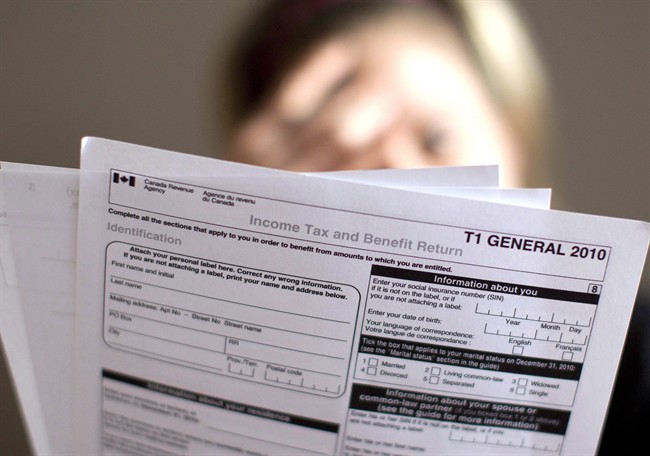
The penalties, however, don’t prevent people from trying to make dubious claims on their tax forms.
Some get away with it. Some turn out to have perfectly legitimate expenses.
Others don’t.
Here are 12 unusual Canadian deductions that people have tried to claim on their tax forms:
Trips to Las Vegas and Arizona
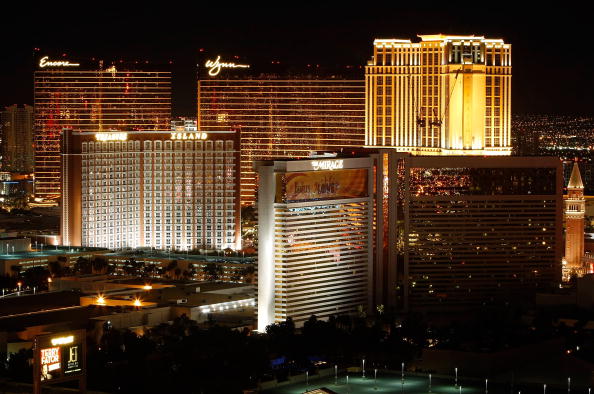
A man with a skin condition tried to claim almost $1,500 in trips to Las Vegas and Arizona as medical expenses on his tax form, according to a legal decision in the case of Goodwin v. The Queen, as cited in a list of uncommon tax deductions by H&R Block.
His dermatologist had recommended that he travel to warmer climates in April and November so that he could be exposed to natural sunlight as a form of treatment.
A court shot him down after the judge determined that the man would have had to receive a medical service from a health care professional in these locations in order to claim the trips as expenses.

Get weekly money news
Breast implants
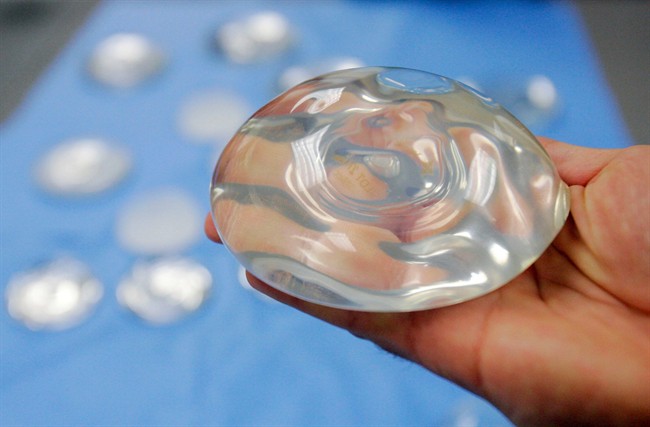
A man tried to claim his wife’s breast implants on his taxes, according to a TurboTax spokesperson.
The authorities, according to Turbo Tax, told him he couldn’t do this. He countered by saying that they “cured my depression!”
Iguanas
An in-home daycare operator wanted to claim expenses related to two iguanas that she bought for her business, a TurboTax spokesperson said.
The operator reasoned that she would never have bought them had she not been caring for kids.
The CRA, however, says that you can’t deduct pet expenses unless the animals assist the owner with a specific medical condition.
Beats by Dre

Someone tried to claim Beats by Dre headphones as “hearing aids,” said a TurboTax spokesperson.
Footballs thrown into the stands
A football player with the Edmonton Eskimos deducted $596 in expenses from his income as “Entertainment for Clients,” among other things, according to a tax court decision in the case of Ellis v. The Queen, as cited by H&R Block.
These expenses included footballs he threw into the stands after scoring touchdowns.
A tax court judge determined that he could only claim these costs if they “contributed towards his personal popularity for sponsorship purposes.”
In this case, they didn’t, and the deduction was denied.
Holt Renfrew clothing
A dentist set up a practice in his own home and claimed clothing he had bought from luxury retailers Holt Renfrew and Georges Rech as expenses, according to the 2011 case of Rail v. The Queen, as cited by Mackenzie Investments.
He claimed clothing costs of over $13,000 between 2001 and 2003.
This expense was disallowed in court.
Gambling funds
CIBC worker Brian Molony embezzled over $10 million from the bank to fund a gambling addiction in the early 1980s, The Globe and Mail reported.
He claimed this money as income on his tax returns for three years; he also claimed gambling losses of about the same amount, according to a research paper in the Canadian Tax Journal.
His losses were disallowed on the basis that he was “not in the business of gambling.”
This case inspired a book and the 2003 film Owning Mahowny, starring Philip Seymour Hoffman.
Wrap parties
A woman who worked as a narrator, actress and voiceover artist claimed the costs of attending wrap parties, among other deductions, according to a decision in the case of Riley v. The Queen, also cited by H&R Block.
A tax court judge decided that she hadn’t given enough evidence to prove which parties she attended for business reasons and which were personal.
So that particular part of her claim was denied.
Hashish
A man was arrested after trying to bring hashish across the Canada-U.S. border, according to Carol Bezaire at Mackenzie Investments.
He tried to claim the seized drugs, and his legal fees, as business losses on his taxes. He was denied.
Airline food alternatives

An Air Canada pilot had a condition known as hemochromatosis, which required him to eat low-iron food, says a court decision in the case of Elwood v. The Queen.
In 2010, the airline didn’t provide low-iron meals, so he bought his own food or made it at home. He claimed $3,264 for meals in that tax year.
The pilot explained in tax court that he could have eaten Air Canada’s vegetarian options, but that they might not always be available to him. He would have been able to eat fish, chicken, fruit and yogurt that were available on board Air Canada planes, but not their side dishes, such as rice or pasta, as they might be “iron-fortified.”
A judge, however, dismissed the claim.
Oxygen
Vegas again!
A man tried to claim oxygen bar sessions as medical expenses… after he used them to help him recover from hangovers in Sin City, said a representative for TurboTax.
Bermuda trip
A tax filer tried to claim an all-inclusive trip to a five-star resort in Bermuda as a medical expense, according to a TurboTax spokesperson.
The filer’s justification? A Vitamin D deficiency.

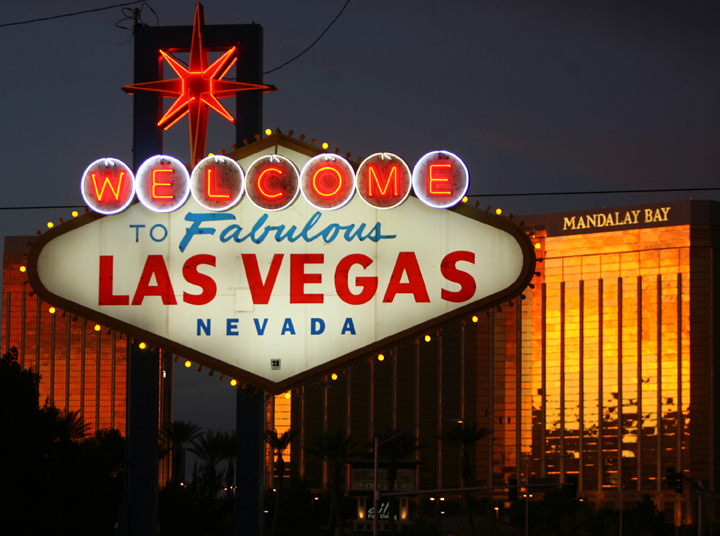





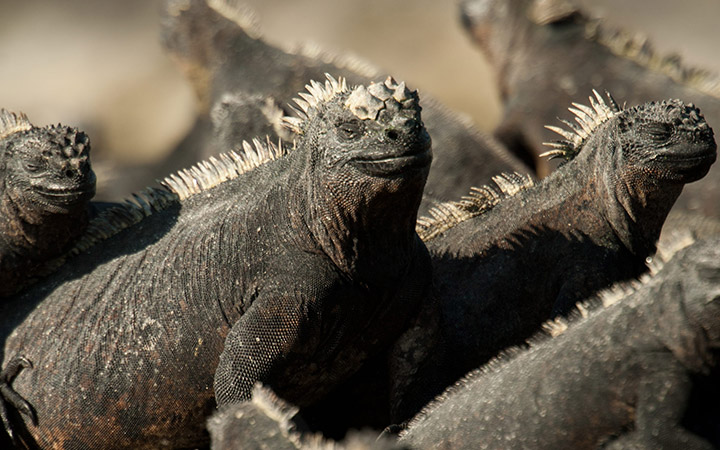
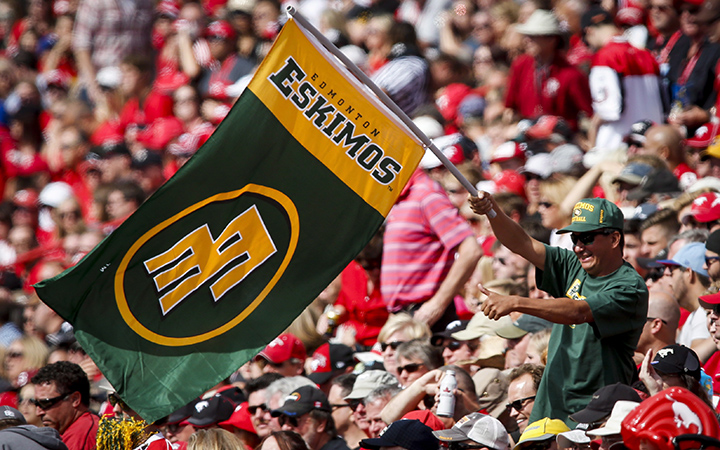
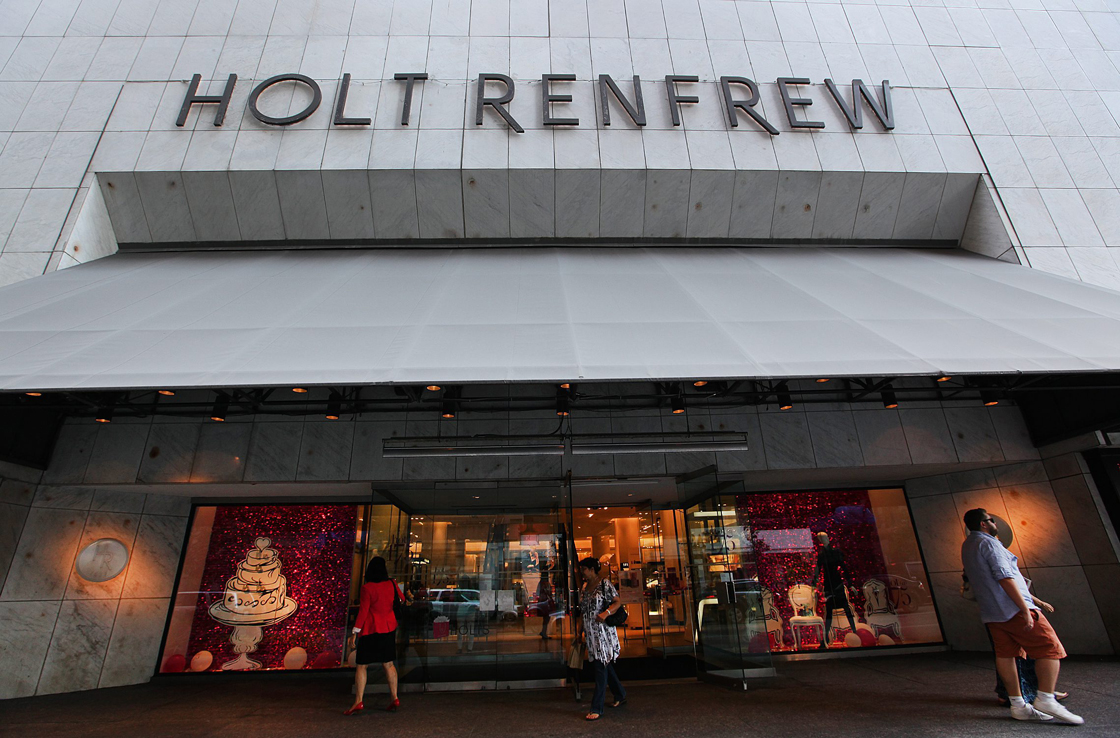











Comments